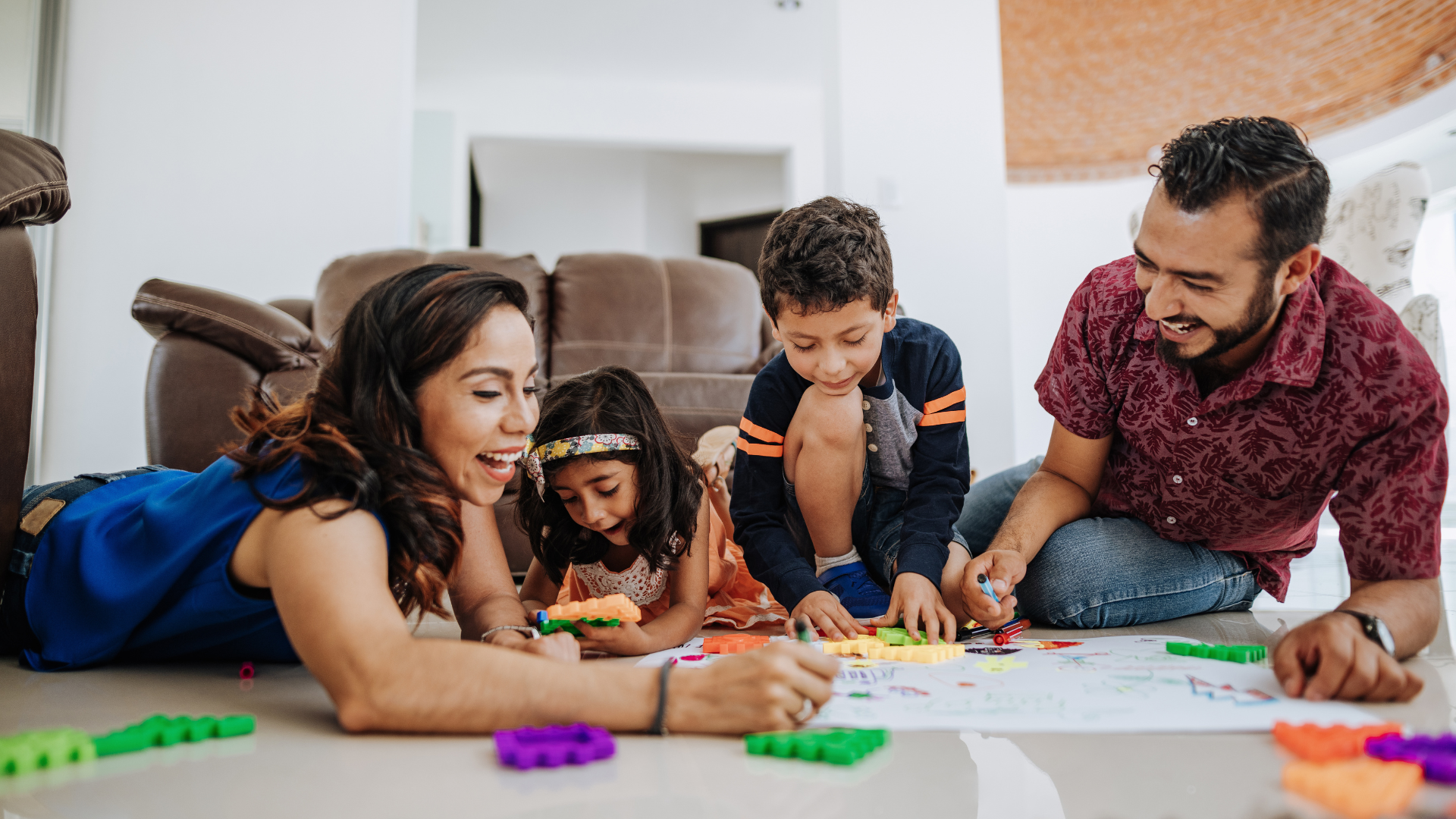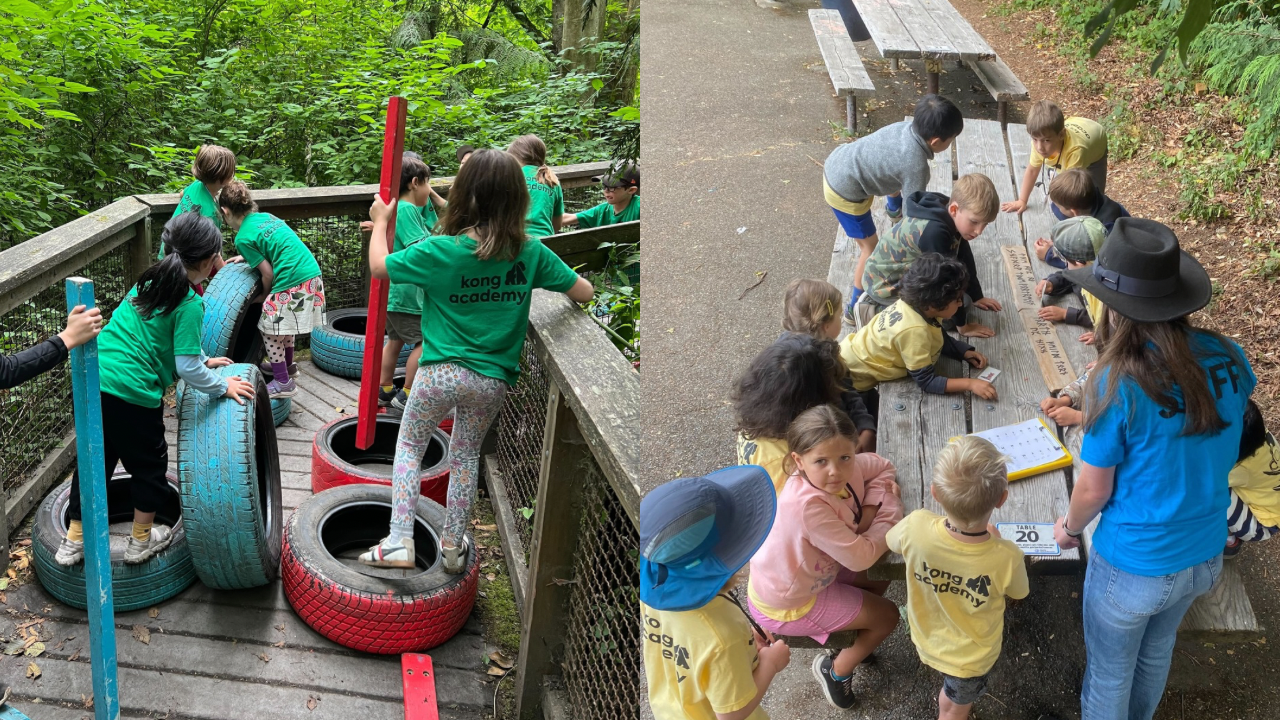By Curt Jordan
•
22 Apr, 2024
If you're like most parents or caregivers I know, you're probably on the lookout for ways to help your child learn and grow, without all the drama that sometimes comes with it. It's like walking a tightrope, isn't it? On one hand, you want to be supportive and provide the best opportunities for learning. On the other hand, you're trying to dodge the meltdowns and pushback that can sometimes happen when it's time for learning or homework. Here's the thing: every child is a world unto themselves, with their own likes, dislikes, and ways they best absorb information. It's not always easy to figure out what makes them tick, especially when the approach that worked wonders yesterday suddenly gets the cold shoulder today. That's exactly why we're here. This blog is all about finding those alternative, stress-free strategies to make learning something your child looks forward to, not something they want to run away from. Here are some fresh ideas and approaches that can transform learning into an adventure that you can genuinely enjoy together. Understanding Your Child Have you ever noticed how some kids can remember every line of a poem after hearing it just once, while others can spend hours building intricate Lego castles or solving puzzles without a single peep? That's because each child has their own unique way of learning and soaking up the world around them. It's all about answering the question: how do children learn best on an individual basis… Generally, learning styles boil down to three main types: visual, auditory, and kinesthetic: Visual learners thrive on images, diagrams, and written instructions. They're the ones who love picture books and can follow a map like a mini explorer. Auditory learners, on the other hand, absorb information through listening. They excel in oral instructions and can remember details from stories or discussions remarkably well. Then, there are the kinesthetic learners. These movers and shakers learn best by doing. They love hands-on activities, experiments, and anything that lets them physically engage with the material. Now, you might be wondering, "How do I figure out my child's learning style?" Start by observing them during their playtime. Do they gravitate towards storytime, or do they prefer puzzles and building blocks? When they encounter a problem, do they ask you to show them how to do it, tell them the solution, or jump in to try it themselves? Another simple method is to see how they explain something new they have learned. Do they draw it out, describe it, or act it out? These little clues can be incredibly telling. Understanding your child's preferred learning style is like unlocking a secret door to their mind. It can transform frustrating homework sessions into exciting discovery times, making learning a joyful journey rather than a tedious task. So, take a little time to play detective—it's one investigation that comes with endless rewards! The Role of Play in Learning The magical world of play is not just about having fun (though that's a big part of it); play is a powerful tool that can make learning an engaging, joy-filled experience for kids of all ages. When children play, they are not just goofing around—they are exploring concepts, practicing skills, and developing new understandings about the world, often without even realizing it. Let's dive into some examples of educational games and activities that are perfect for different age groups: Kindergarten and early school life (4-6): Storytelling games are fantastic for this age group. They encourage language development and creativity. Simple board games can introduce the concepts of taking turns and following rules. Interactive storybooks and role-playing scenarios can also foster empathy and emotional understanding. Elementary school-age (6-10): Educational games are a great way to reach kids during their elementary school years. Games that cover topics like math, science, and history can be both fun and informative. Science kits allow children to conduct their own experiments and give them a hands-on understanding of scientific principles. Board games that require strategic thinking, like chess, can help with problem-solving and planning skills. Tweens (11-12): At this age, teens can engage in more complex learning that aligns with their interests—think coding their own video games, designing and building their own worlds on games like Minecraft or Legos, or participating in clubs that foster creativity like dance, music and art or even critical thinking and public speaking skills. Creating a Positive Learning Environment at Home Creating a stimulating space for learning at home can make a huge difference in how your child engages with educational activities. It's all about crafting an area that not only minimizes distractions but also invites curiosity and excitement for learning. Think of it as setting the stage for discovery and creativity. First off, it's key to have a dedicated space for learning. It doesn't have to be large; even a corner of a room can become a special learning nook. The goal is to have a spot that, when your child enters, they know it's time to explore and learn. This psychological shift can help them focus and take learning activities seriously, while also feeling comfortable and secure. Here are a few tips to help make this space engaging and organized: Personalize the Space: Let your child have a say in how it's decorated or arranged. When they're involved in setting up their learning area, they're more likely to feel connected and motivated to spend time there. Keep It Organized: Use bins, shelves, and labels to keep materials accessible but tidy. A clutter-free environment helps reduce distractions and makes it easier for your child to find what they need. Incorporate Color and Light: Bright, cheerful colors and good lighting can boost mood and creativity. Consider colorful posters, educational charts, or even a small plant to bring life into the space. Rotate Learning Materials: Just like a classroom, keep things fresh by rotating books, puzzles, and educational toys. This keeps your child curious and engaged with new challenges. Establishing Routines Without Rigidity Establishing consistent learning routines at home can greatly reduce resistance by setting clear expectations and providing a sense of security and structure for your child. However, it's essential to weave in flexibility to cater to your child's changing moods and evolving interests. To strike this balance, consider these strategies: 1. Set a Framework, Not a Strict Schedule Instead of adhering to rigid timetables, create a daily framework that includes blocks of time for different activities. For example, mornings might be for more focused learning tasks, while afternoons are reserved for creative play, outdoor activities, or Kong Academy Games . This structure provides consistency without constriction. 2. Involve Your Child in Planning Giving children a voice in their educational journey empowers them, fostering a sense of autonomy and ownership over their learning. This can be as simple as letting them choose which book to read, what science project to undertake, or even what historical period or geographical region to study. As a result they are more likely to be enthusiastic and committed to the learning process. This sort of participation teaches valuable life skills such as decision-making, planning, and critical thinking. Furthermore, a collaborative approach encourages open communication between parents and children, leading to a deeper understanding of a child's passions, strengths, and areas where they might need more support or encouragement. 3. Be Responsive Pay attention to your child's cues. If they're particularly engrossed in a project or activity, it's okay to adjust the day's plan to accommodate their interest. Similarly, if they're not in the mood for a scheduled activity, be prepared to switch gears. 4. Mix It Up Alternate between more structured educational activities and free exploration time to keep learning fresh and exciting. It allows children the freedom to delve deeply into their interests while also ensuring they cover different learning areas. Children learn best when the educational process is aligned with their natural curiosity, interests, and developmental stages. Utilizing play-based learning, offering choices, and fostering a supportive and enriching environment can significantly reduce resistance and struggle for both parents and children. When learning is made relevant and engaging, children are more likely to be motivated, show enthusiasm towards exploring new concepts, and grasp that education is a valuable and enjoyable part of life. Incorporating elements of fun, using real-world applications, and encouraging questions help in making the learning process more inviting. Ultimately, the key to learning with less resistance and struggle involves creating a loving, supportive, and stimulating environment where children feel safe to explore, make mistakes, and discover their passions. Your child's journey of growth and learning doesn't have to pause with the school year. Enroll them in our dynamic Afterschool Programs where every day is a new opportunity to explore their potential through play and movement. Sign up for Afterschool Programs here! And don’t forget, summer is just around the corner! Secure a spot in our exhilarating Summer Camps at Carkeek and Seward Parks, where the great outdoors transforms into a vibrant classroom of fun and discovery. Register for Summer Camps now! Ready to make learning an adventure your child looks forward to every day? Watch them thrive with Kong Academy!








